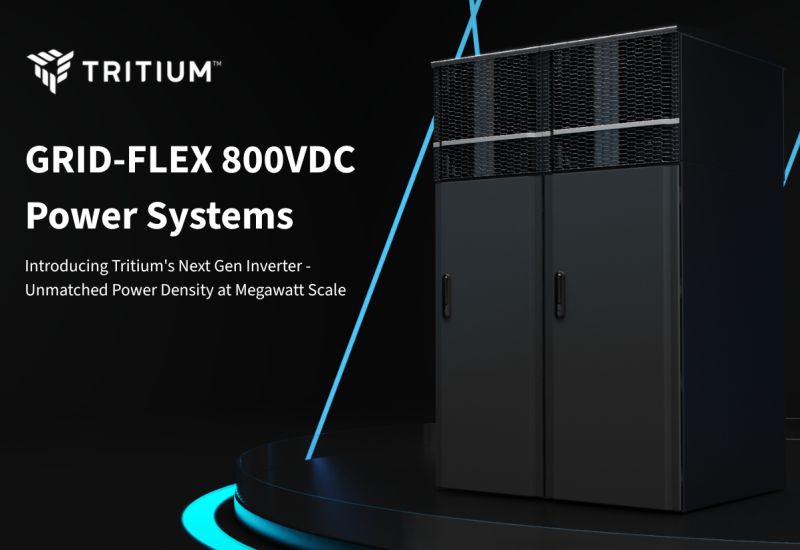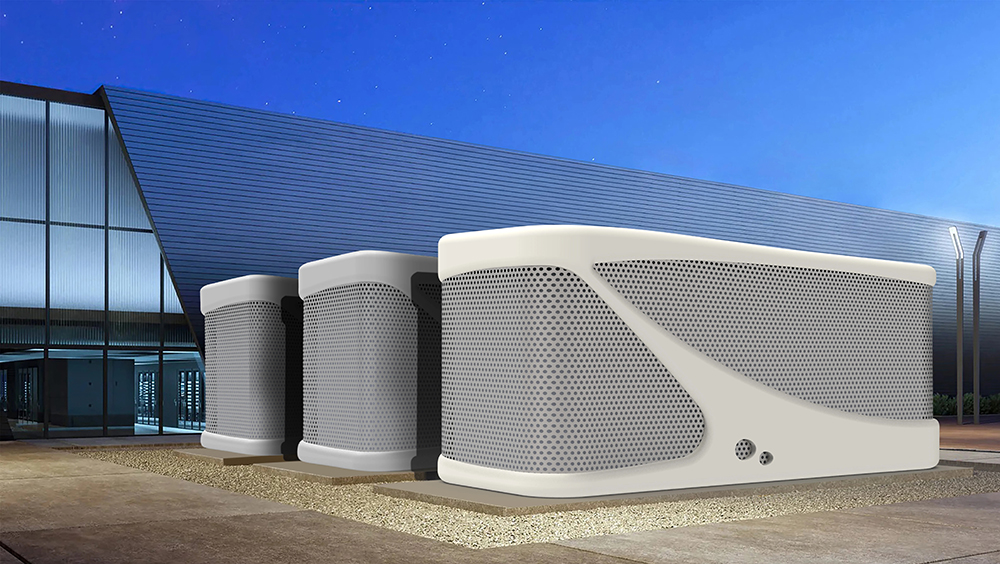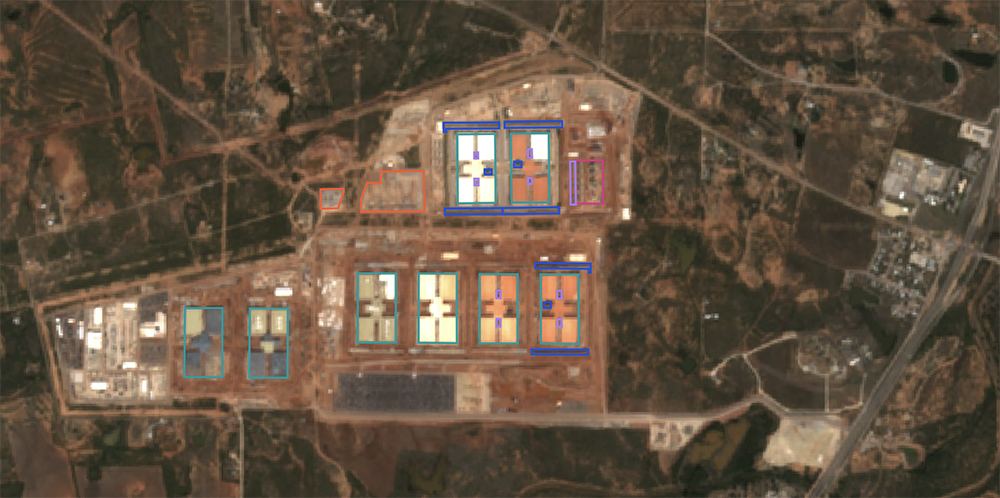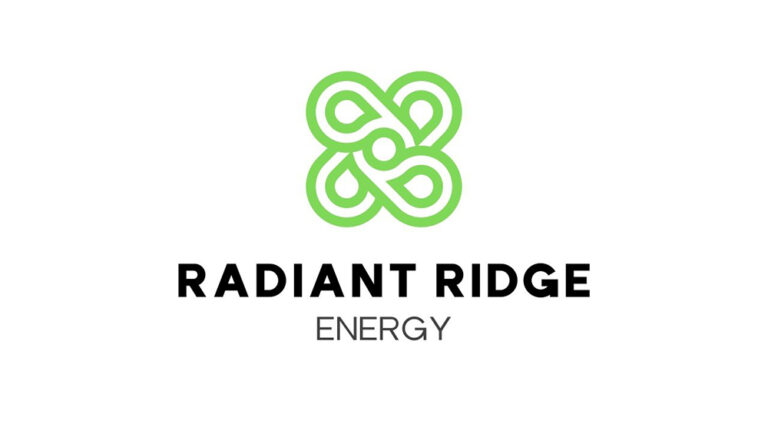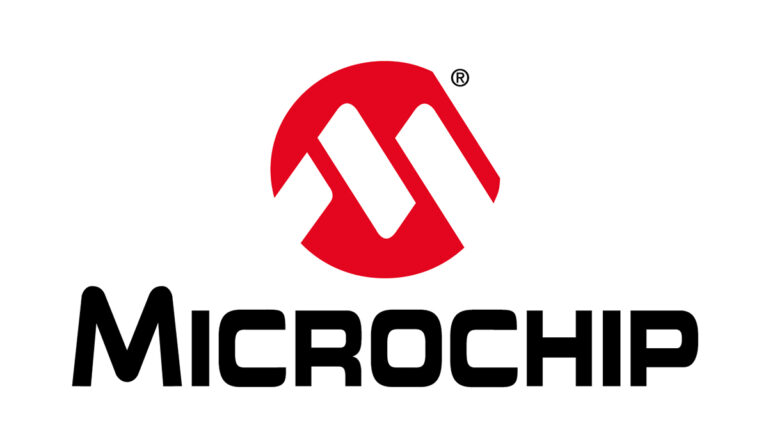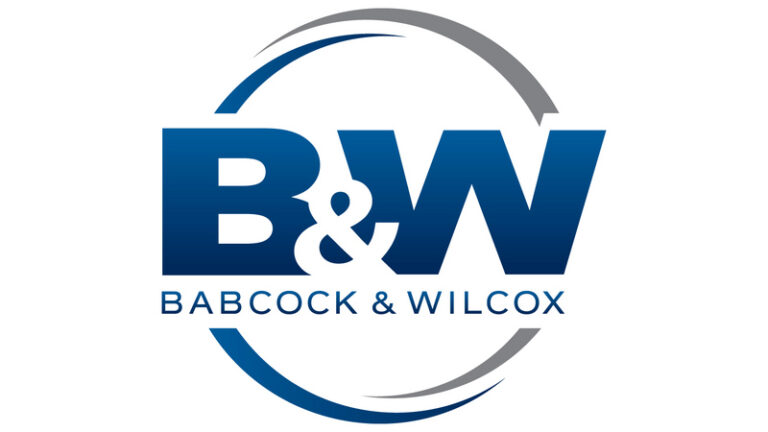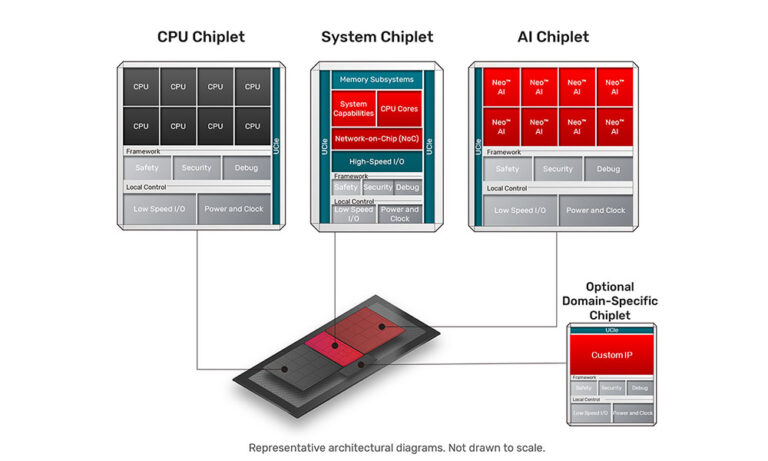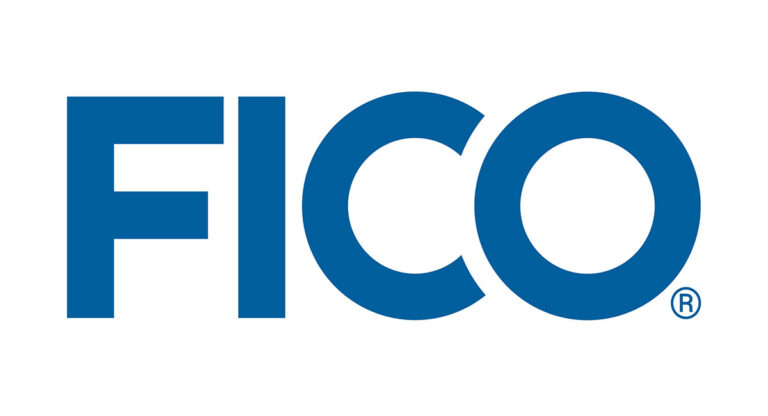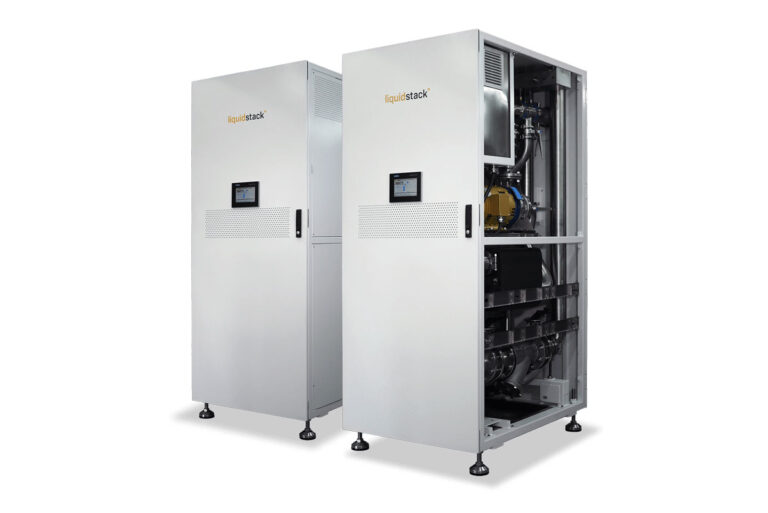Wind River has announced that motor manufacturer Nidec selected Wind River Linux as the software foundation for its newly released AI-driven data center liquid cooling solution. The Linux-based operating platform supports the essential control system that monitors and operates the cooling solution, addressing increased thermal demands resulting from the growth of AI servers in data centers.
Nidec’s liquid cooling system targets evolving data centers that manage extensive data processing tasks and face rising energy consumption and heat dissipation requirements. Liquid cooling is becoming vital as data centers shift from conventional air-cooled strategies in response to these challenges.
“Nidec’s highly reliable liquid-cooling system requires a robust and secure Linux foundation,” said Eiji Miyamoto, Fellow, Nidec. “Wind River Linux provides the high-quality support necessary to keep our teams on schedule while ensuring long-term security, even post-deployment. Nidec is committed to providing products that reflect global needs as a comprehensive thermal solution manufacturer contributing to advancing AI.”
Wind River Linux provides a stable and secure environment, safeguarding cooling systems from potential network threats and enabling ongoing reliability, according to the company. The software’s embedded-specific architecture aids in long-term monitoring and threat remediation requirements in data centers.
“As AI drives unprecedented computing demands, next-generation intelligent systems must deliver high-performance, security, and efficiency,” said Jay Bellissimo, President, Wind River. “The long-term maintenance for these systems can be highly labor intensive, requiring continuous monitoring and remediation in an ever-evolving threat landscape. Wind River Linux empowers leaders like Nidec to further innovate and build secure and scalable systems with lasting reliability.”
Wind River Linux is an advanced platform designed specifically for robust embedded operating system applications, facilitating secure and reliable deployments across industries requiring high security, safety, and reliability standards.
Source: Wind River


